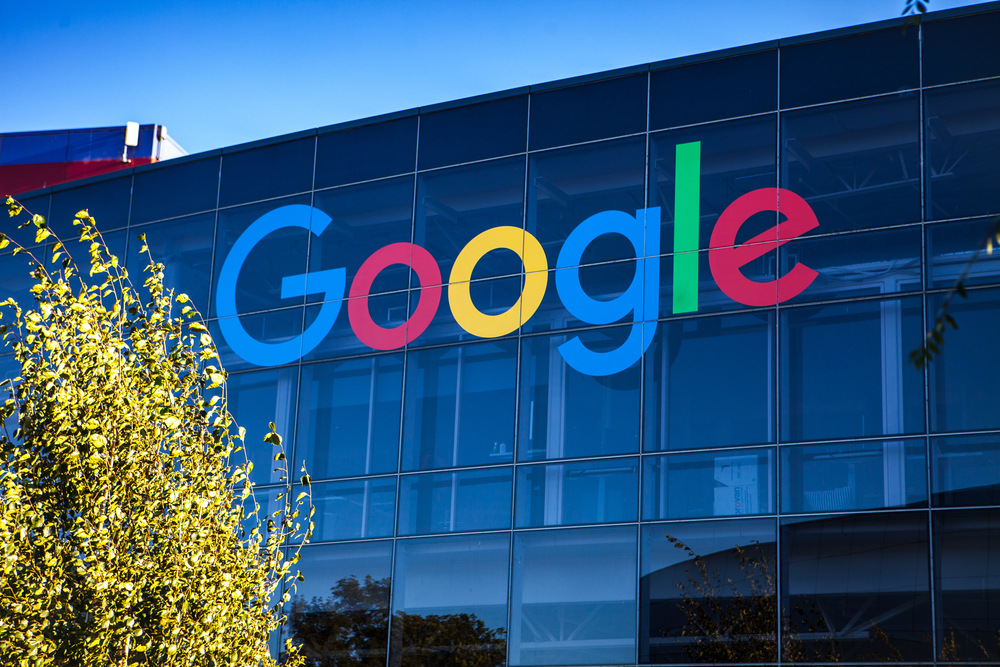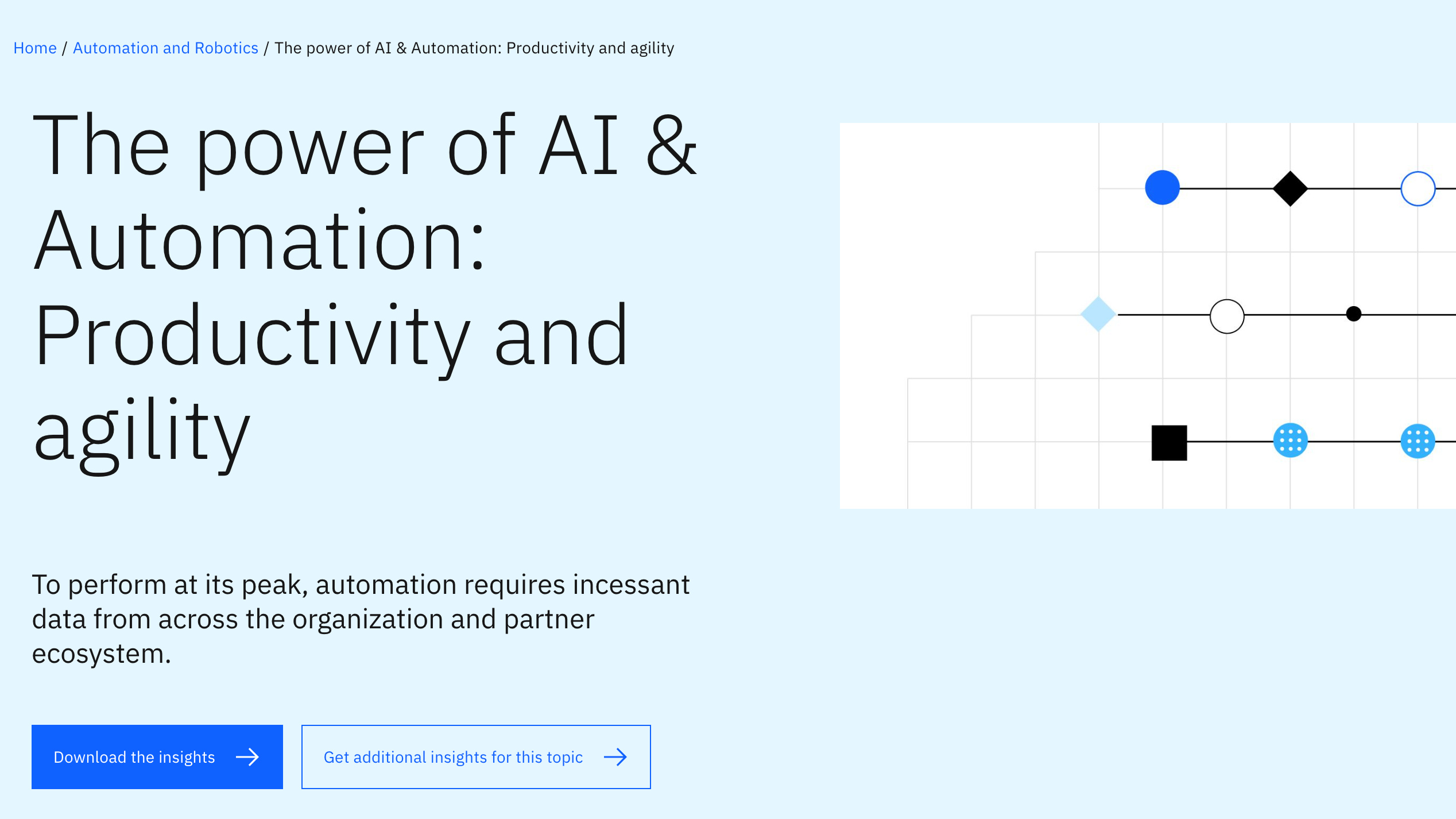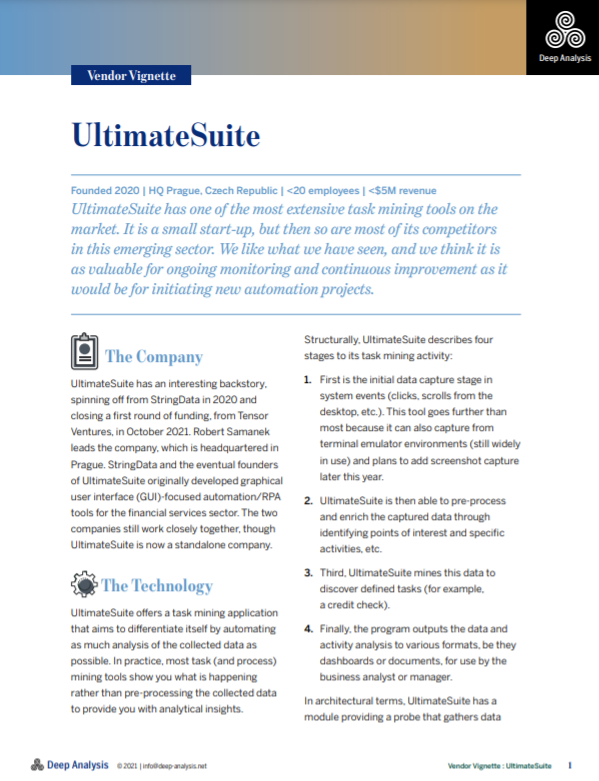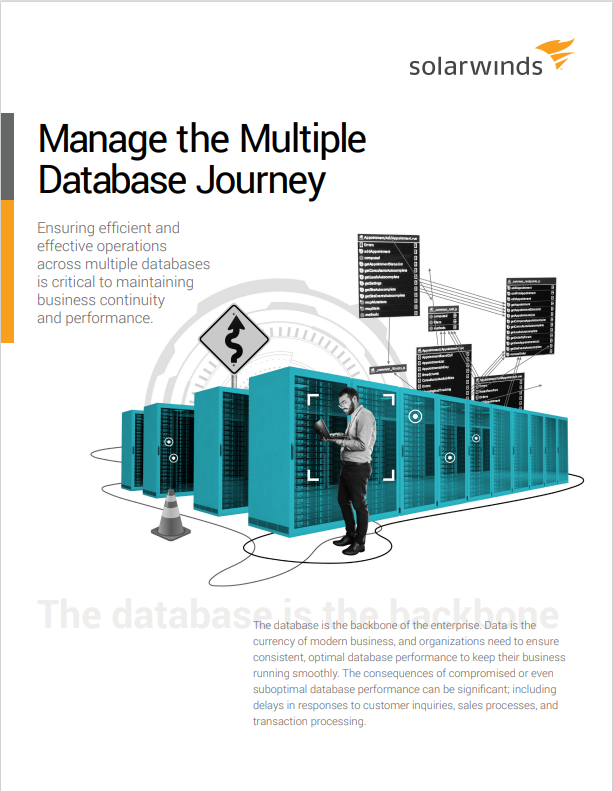High Court blocks Google mass lawsuit over iPhone data
The tech giant was accused of violating data protection laws with loophole in Safari settings


A High Court has blocked a mass lawsuit brought against Google claiming the search engine illegally harvested personal data from UK iPhone users.
The tech giant could have faced a huge compensation bill over the collective High Court action, led by former Which? consumer group director Richard Lloyd, which alleged that Google violated section 4 of the Data Protection Act 1998 and unlawfully gathered personal data from iPhones between 2011 and 2012.
However, on Monday Mr Justice Warby said he would not allow the claims to proceed on the grounds that the facts alleged in the claim did not support the contention by Lloyd that he or any other iPhone user had suffered 'damage' and because it would be impossible to accurately calculate the number of iPhone users who might have been affected.
"The privacy and security of our users is extremely important to us. This claim is without merit, and we're pleased the Court has dismissed it," a Google spokesperson said.
Lloyd set up a consumer campaign group called 'Google You Owe Us' as part of the legal action and the website had 20,000 co-claimants before the High Court made its ruling.
"We want to ensure that big companies like Google respect our privacy in the future. Our personal information is valuable and it must be used in a way that is trustworthy and fair."
It is claimed that Google used the Safari workaround to track internet browsing history and then used the data to sell targeted advertising. According to Google You Owe Us the search company made $80 billion in 2016 from targeted advertising alone.
Sign up today and you will receive a free copy of our Future Focus 2025 report - the leading guidance on AI, cybersecurity and other IT challenges as per 700+ senior executives
The group say that approximately 5.4 million individuals were affected and the data collected by Google included race, political learnings, sexuality, social class, financial, shopping habits and physical and mental health information. If the claimants are successful it could potentially be the largest ever bill owed to British consumers regarding an illegal use of data.
Although the claims against Google go back to 2011 and 2012, it is only in the last year that this type of personal data harvesting has become mainstream news, following the Cambridge Analytica scandal and the creation of the GDPR. We are now seeing more scrutiny on tech companies with regards to public data - specifically how, where and why they are using it.
Facebook, for example, has repeatedly had to answer questions regarding its model of service, which is sold as 'free' but collects personal data to be sold to advertising companies. Google too has a similar operation with regards to its user's personal info. Earlier in the year, the search engine was accused of illegally tracking the movements of iPhone and Android users, even if their mobiles had locations services switched off.
Bobby Hellard is ITPro's Reviews Editor and has worked on CloudPro and ChannelPro since 2018. In his time at ITPro, Bobby has covered stories for all the major technology companies, such as Apple, Microsoft, Amazon and Facebook, and regularly attends industry-leading events such as AWS Re:Invent and Google Cloud Next.
Bobby mainly covers hardware reviews, but you will also recognize him as the face of many of our video reviews of laptops and smartphones.
-
 The power of AI & automation: Productivity and agility
The power of AI & automation: Productivity and agilitywhitepaper To perform at its peak, automation requires incessant data from across the organization and partner ecosystem
-
 Four steps to better business decisions
Four steps to better business decisionsWhitepaper Determining where data can help your business
-
 Subscription models will end in five years, claims Laiye at new system launch
Subscription models will end in five years, claims Laiye at new system launchNews The firm's work execution system will integrate with existing RPA solutions, as Laiye says a flexible automation ecosystem is needed
-
 A taskmining application with automated data analysis
A taskmining application with automated data analysisWhitepaper Pre-processing data for enriched insights
-
 Manage the multiple database journey
Manage the multiple database journeyWhitepaper Ensuring efficient and effective operations across multiple databases
-
 Edge-enabled mobility of the future
Edge-enabled mobility of the futureWhitepaper Turning vehicle data into value
-
 Leading the data race
Leading the data raceWhitepapers The trends driving the future of data science
-
 LinkedIn loses appeal over public data scraping
LinkedIn loses appeal over public data scrapingNews Judge rules that giving big tech companies "free rein" over who can use public user data risked creating "information monopolies"


